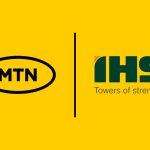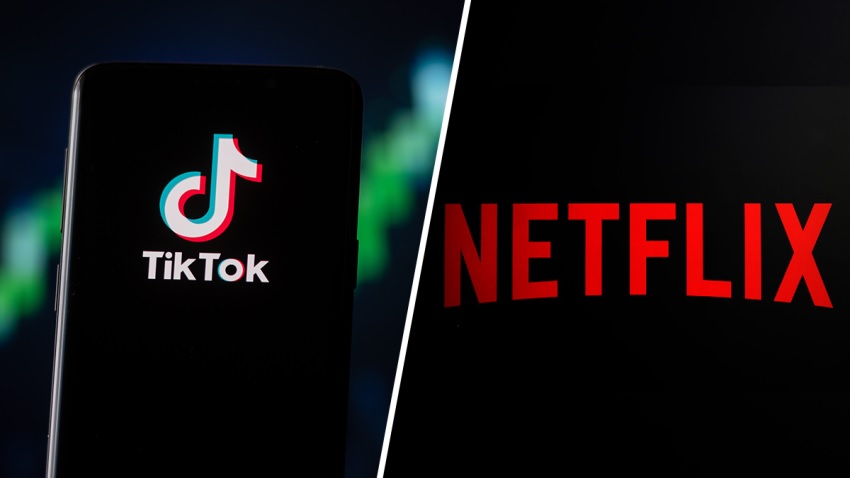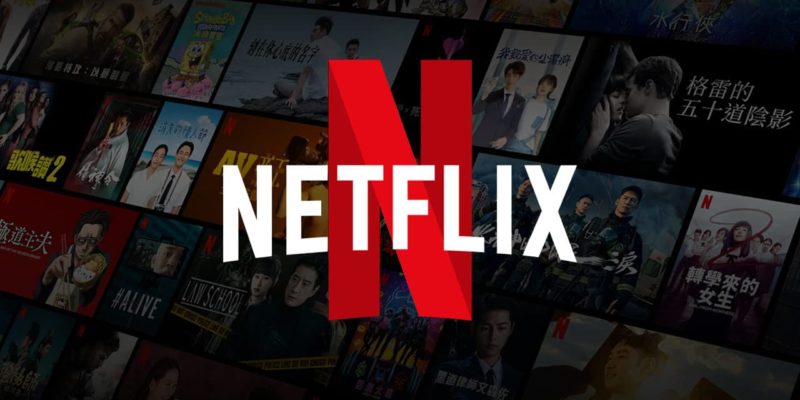Top Authors
Popular Posts
ATCON Leadership Visits NCC, Strengthens Collaboration on QoS and Underserved Areas
NCC Calls for Stakeholder Input on Review of National Telecommunications Policy 2000
MTN’s $6.2bn IHS Deal Faces Federal Government Review Amid Telecom Monopoly Concerns
Netflix Adds 18.9 Million New Subscribers
January 24, 2025
Video streaming giant Netflix has gained dominance yet again...
JUST IN: Netflix Loses Top Spot to Showmax in Africa Streaming War
As competition intensifies in Africa’s streaming market,...
Tiktok, Netflix Named Among Social Media’s Favorite Stocks to Invest in
November 12, 2023
In-depth analysis of TikTok and Instagram posts finds Disney is...
Price Hike: 40% Subscribers Set to Dump Netflix
November 10, 2023
After adding more than eight million new subscribers during the...
Meet The Tech Experts Behind “The Black Book” Netflix’s Latest Movie
Nollywood, the vibrant Nigerian film industry has been on an...
Netflix’s Contributions to the GDP of African Countries
These streaming giants are vying to secure their share of the...
Netflix to invest $2.5bn in new South Korea films and TV shows
April 25, 2023
Seoul: Netflix will invest $2.5 billion in South Korean content...
The Growing Influence of Netflix on Nigeria’s Film industry
$23.6M Investment 283 Titles, 3 Originals. Netflix has published...
Netflix to Introduce Gaming Services to Television Sets
March 31, 2023
The streaming giant Netflix Inc is taking steps to incorporate...
Netflix Announces Subscription Reduction for Nigeria and Other Sub-Saharan African
Netflix has announced a reduction in its monthly subscription...





















